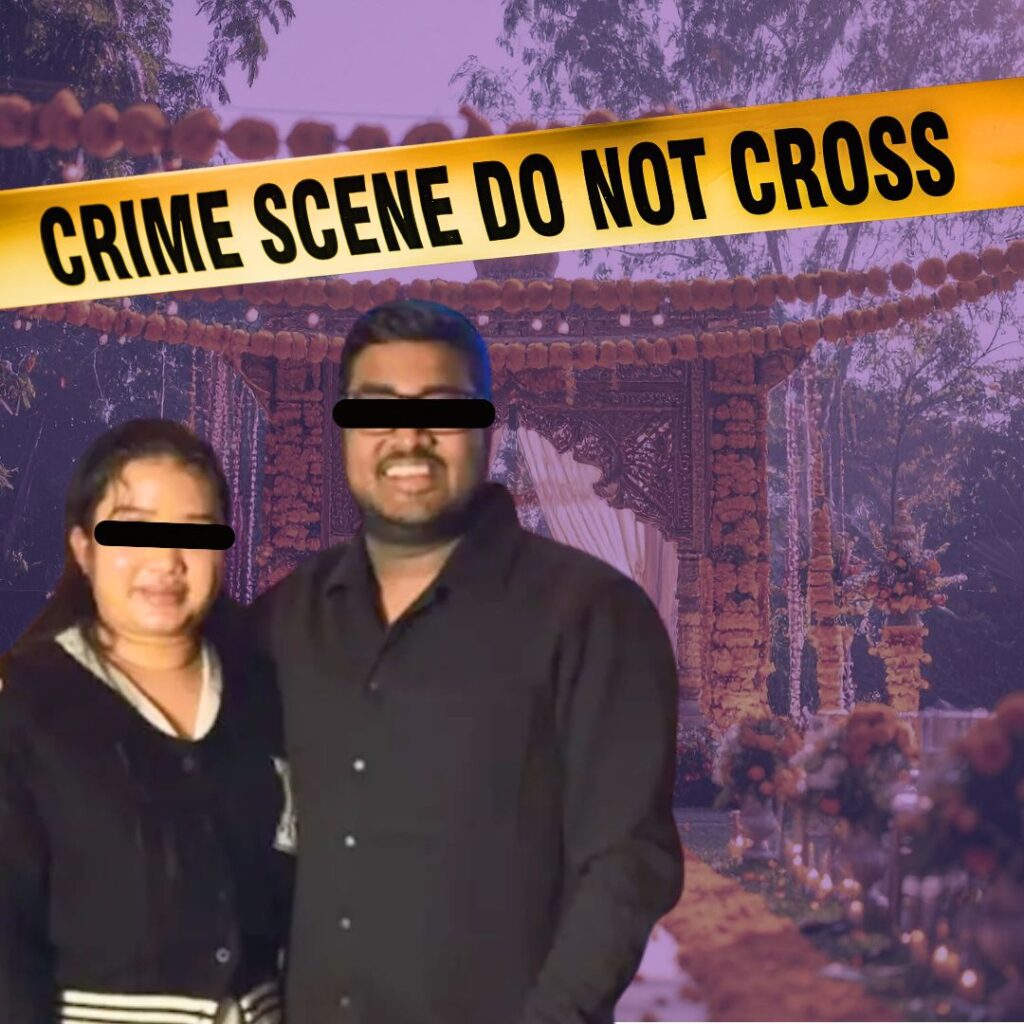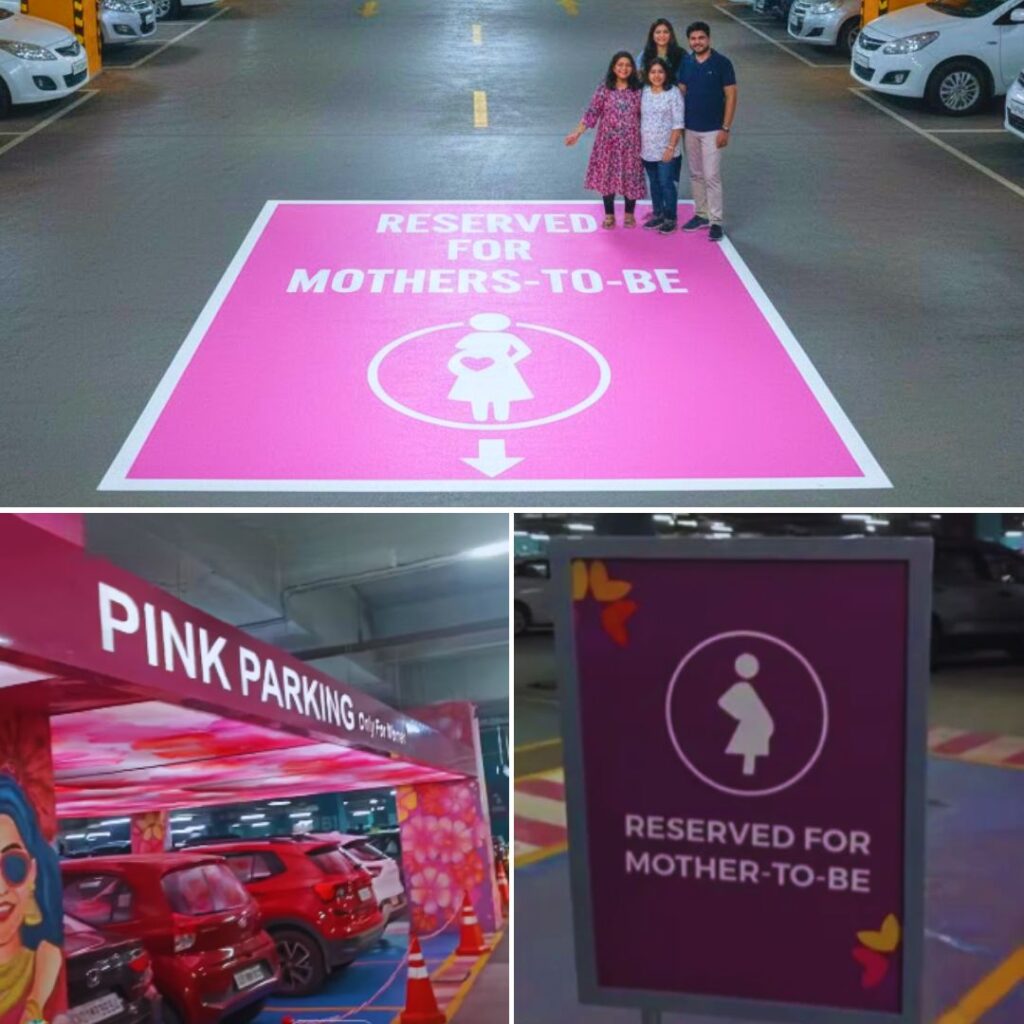In yet another case of caste discrimination, a groom belonging to a Dalit community was forced to get down from the horse at Shivpur village in Rajashthan’s Karera. A day earlier, a 25-year-old Dalit youth was thrashed to death by upper-caste men in Madhya Pradesh’s Chhatarpur because he touched food served at a feast. The deceased, Devraj Anuragi was called to clean up after the party held by the accused.
These are just two of the many incidents that take place on a daily basis.
Here are a few such cases:
In April 2019, the same year, a 23-year-old Dalit man was allegedly beaten up by the upper caste people for eating in front of them at a wedding reception in Uttarakhand’s Tehri district. The victim later succumbed to his injuries.
In June the same year, a horrific incident was reported, where a Dalit minor was tied with a rope and beaten up allegedly by a group of upper-caste men after he tried to enter a temple in Rajasthan’s Pali district.
In July 2020, a Dalit man was allegedly stripped and beaten up in Karnataka’s Vijayapura district – located near capital Bengaluru -for touching an upper-caste man’s motorbike.
In October, a 22-year-old Dalit woman was gang-raped on gunpoint by two men, including a former village head in Uttar Pradesh. According to the report, the two barged into her house and raped her, taking turns at it, at gunpoint.
In November, two Dalit brothers were beaten up, and their house was set on fire by a group of 15 men in Madhya Pradesh’s Datia district, for objecting to withdraw a two-year-old case against an upper-caste man.
Few weeks later, on November 16, two minor Dalit sisters were allegedly killed and their bodies dumped in a pond in one of the villages in Uttar Pradesh.
In another incident highlighting casteism, a Dalit man in Gujarat was allegedly denied common crematorium for his last rites. The Police booked a man from Anand district under Scheduled Caste and Scheduled Tribe (Prevention of Atrocities) Act.
Even as India moves towards urbanization at a faster pace, caste discrimination remains ubiquitous. According to the data recorded by the National Crime Record Bureau (NCRB) in 2019, nearly 45,935 cases of crime or atrocities against Dalits were reported.
The report showed an increase in crimes against Dalits by 7.3 as opposed to 2018.
Uttar Pradesh topped the list, reporting more than 11,000 cases alone, which is 25.8 per cent of the total cases, followed by Madhya Pradesh, Bihar and Rajasthan.
To add to the shocker, a crime is committed against a Dalit every 15 minutes, six Dalit women raped every day, the report revealed. Only a few cases make it to the mainstream media reports.
When we talk about stringent actions taken against such crimes, the answer stays a resounding no. The conviction in crime against Dalits wasabysmally low 25.2% and 22.8%, respectively between 2009 and 2018.
Caste discrimination is like an epidemic and has been set apart as a ‘culture’.
Of the heed that is given to the current crisis (coronavirus pandemic), not a part is paid to another virus that has existed in our society for centuries. For the rest of the world, the idea of ‘social distancing’ at the time of the coronavirus outbreak signifies physical distancing between two individuals, but it is a familiar concept for Indians, as it happens to be a part of India’s long-standing practise of ‘Untouchability’.
Article 15 of the Indian Constitution of India secures its citizens from all kinds of discrimination on the basis of caste, religion, race, sex or place of birth. Yet discrimination on the basis of caste pervades every level of our society.
Also Read: ‘China, Pakistan Behind Farmers’ Protest’, Says Union Minister, Sikh Committee Calls It ‘Shameful’










